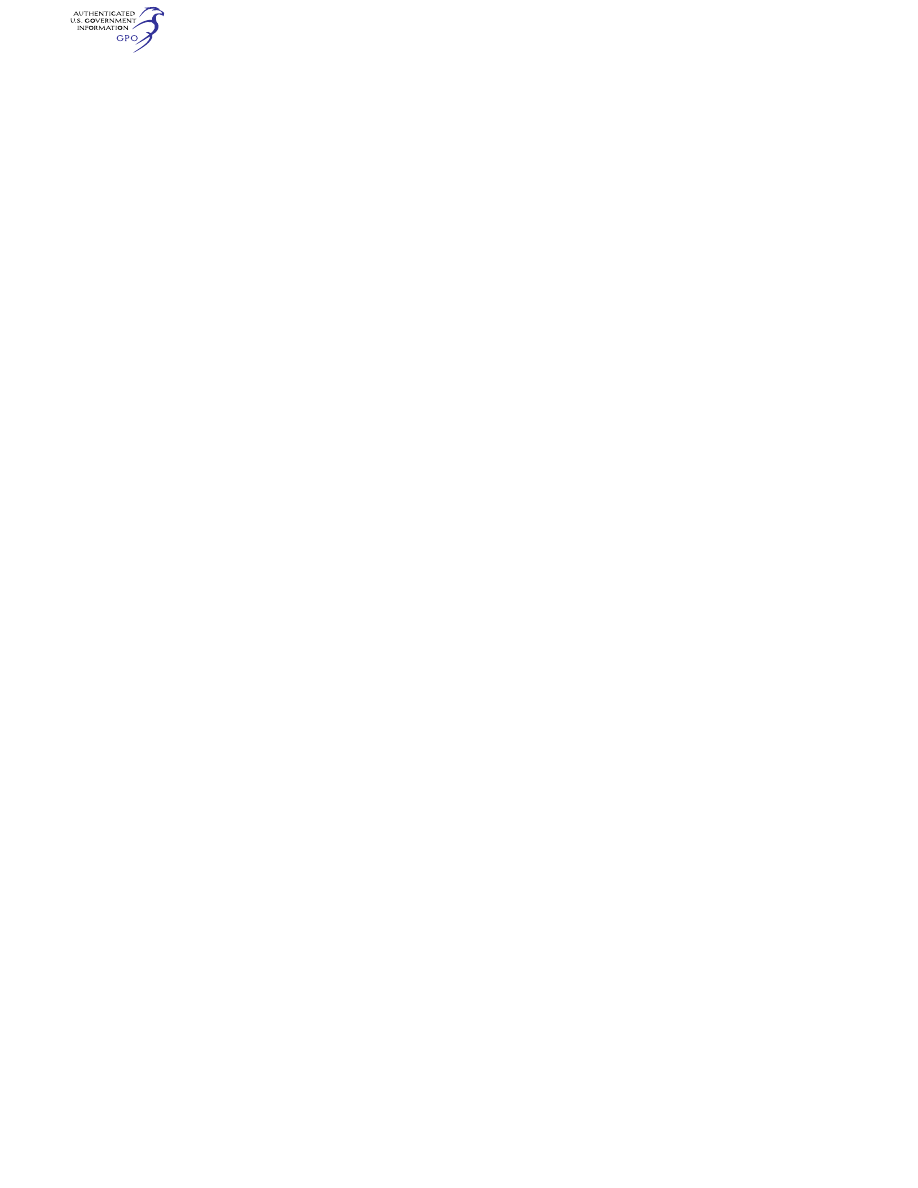
486
14 CFR Ch. I (1–1–24 Edition)
§ 135.299
multiengine aircraft, that pilot must
initially take the instrument pro-
ficiency check required by paragraph
(a) of this section in a multiengine air-
craft, and each succeeding check alter-
nately in single-engine and multien-
gine aircraft, but not more than one
flight check during each period de-
scribed in paragraph (a) of this section.
Portions of a required flight check may
be given in an aircraft simulator or
other appropriate training device, if
approved by the Administrator.
(g) If the pilot in command is author-
ized to use an autopilot system in place
of a second in command, that pilot
must show, during the required instru-
ment proficiency check, that the pilot
is able (without a second in command)
both with and without using the auto-
pilot to—
(1) Conduct instrument operations
competently; and
(2) Properly conduct air-ground com-
munications and comply with complex
air traffic control instructions.
(3) Each pilot taking the autopilot
check must show that, while using the
autopilot, the airplane can be operated
as proficiently as it would be if a sec-
ond in command were present to han-
dle air-ground communications and air
traffic control instructions. The auto-
pilot check need only be demonstrated
once every 12 calendar months during
the instrument proficiency check re-
quired under paragraph (a) of this sec-
tion.
[Doc. No. 16097, 43 FR 46783, Oct. 10, 1978, as
amended by Amdt. 135–15, 46 FR 30971, June
11, 1981; Amdt. 135–129, 79 FR 9975, Feb. 21,
2014]
§ 135.299 Pilot in command: Line
checks: Routes and airports.
(a) No certificate holder may use a
pilot, nor may any person serve, as a
pilot in command of a flight unless,
since the beginning of the 12th cal-
endar month before that service, that
pilot has passed a flight check in one of
the types of aircraft which that pilot is
to fly. The flight check shall—
(1) Be given by an approved check
pilot or by the Administrator;
(2) Consist of at least one flight over
one route segment; and
(3) Include takeoffs and landings at
one or more representative airports. In
addition to the requirements of this
paragraph, for a pilot authorized to
conduct IFR operations, at least one
flight shall be flown over a civil air-
way, an approved off-airway route, or a
portion of either of them.
(b) The pilot who conducts the check
shall determine whether the pilot being
checked satisfactorily performs the du-
ties and responsibilities of a pilot in
command in operations under this
part, and shall so certify in the pilot
training record.
(c) Each certificate holder shall es-
tablish in the manual required by
§ 135.21 a procedure which will ensure
that each pilot who has not flown over
a route and into an airport within the
preceding 90 days will, before beginning
the flight, become familiar with all
available information required for the
safe operation of that flight.
§ 135.301 Crewmember: Tests and
checks, grace provisions, training
to accepted standards.
(a) If a crewmember who is required
to take a test or a flight check under
this part, completes the test or flight
check in the calendar month before or
after the calendar month in which it is
required, that crewmember is consid-
ered to have completed the test or
check in the calendar month in which
it is required.
(b) If a pilot being checked under this
subpart fails any of the required ma-
neuvers, the person giving the check
may give additional training to the
pilot during the course of the check. In
addition to repeating the maneuvers
failed, the person giving the check may
require the pilot being checked to re-
peat any other maneuvers that are nec-
essary to determine the pilot’s pro-
ficiency. If the pilot being checked is
unable to demonstrate satisfactory
performance to the person conducting
the check, the certificate holder may
not use the pilot, nor may the pilot
serve, as a flight crewmember in oper-
ations under this part until the pilot
has satisfactorily completed the check.